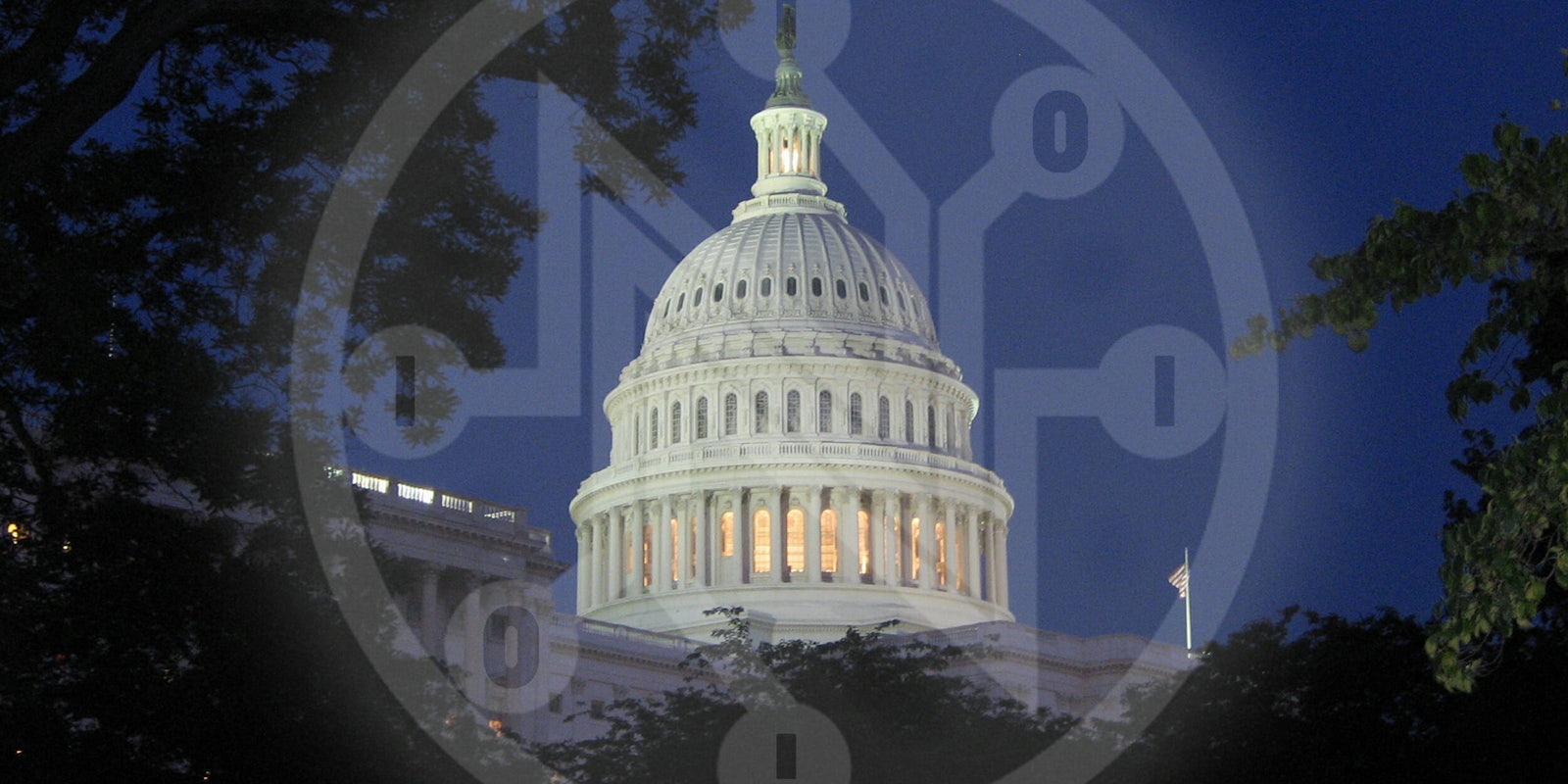An effort by lawmakers to force a vote on their attempt to overturn the Federal Communications Commission‘s (FCC) decision to rescind net neutrality rules reached an important threshold on Monday.
Sen. Edward Markey (D-Mass.) announced that 30 senators have signed on to efforts to overturn the FCC’s decision through a Resolution of Disapproval under the Congressional Review Act (CRA).
With the 30 votes, the CRA resolution will receive a full vote in the Senate. In order to overturn the FCC’s net neutrality decision, it would need a majority of senators and members of the House of Representatives to vote in favor of the resolution.
“A big step toward restoring a free and open Internet: with the support of @clairecmc, we now have the 30 votes we need to force a vote on my CRA to reverse the repeal of #NetNeutrality!” Markey wrote on Twitter.
A big step toward restoring a free and open Internet: with the support of @clairecmc, we now have the 30 votes we need to force a vote on my CRA to reverse the repeal of #NetNeutrality! pic.twitter.com/gXtWQmeIJS
— Ed Markey (@SenMarkey) January 8, 2018
30 is the magic number of cosponsors needed to get a #NetNeutrality vote in the full Senate.
— Claire McCaskill (@clairecmc) January 8, 2018
Proud to be that 30th cosponsor of @SenMarkey bill to restore free and open internet.
The FCC voted 3 to 2, down party lines, to repeal net neutrality protections in early December.
Critics fear the decision to repeal the rules, which require that all internet traffic be treated equally, opens the door for internet service providers (ISPs) to “slow down” or “speed up” certain internet traffic.
Evan Greer, a campaign director internet advocacy group Fight for the Future, said the CRA vote will force lawmakers to “go on the record” to show their support of net neutrality ahead of the 2018 midterms.
“Millions of people from across the political spectrum fought hard to win the Title II net neutrality protections that the FCC just callously slashed at the behest of telecom lobbyists,” Greer said in a statement. “The Congressional Review Act gives Congress the power to reverse that corrupt and illegitimate decision and restore the basic protections that enable free expression, creativity, and innovation online. Any lawmaker foolish enough to be on the wrong side of history by voting against the free and open Internet will regret it come election day.”


